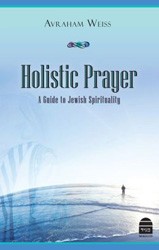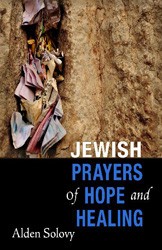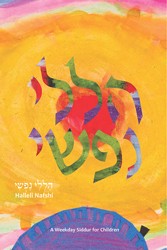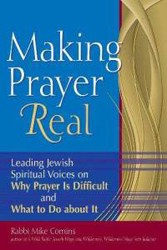Imagine sitting in a beautiful garden in Jerusalem on a Sabbath morning. You and several others seeking a personal connection with the Divine have gathered at the home of a beloved mentor, who will share a spiritual teaching on the week’s Torah portion, followed by a rich contemplative practice. Those people lucky enough to attend the monthly Sabbath morning gatherings that Yiscah Smith has led in her garden over the last several years have enjoyed this very experience. Now, thanks to Smith’s Planting Seeds of the Divine: Torah Commentaries to Cultivate Your Spiritual Practice, readers can plant and nurture their own spiritual gardens, no matter where they live.
Smith’s book comes at just the right time. Since October 7, many Jews around the world have felt a strong desire to connect — or reconnect — to their cultural and spiritual roots and, in turn, to their authentic selves. Planting Seeds of the Divine is the perfect guide for that journey. The book is divided into five chapters, one for each of the Five Books of Moses, and consists of commentaries on forty-seven different Torah portions. Smith, a teacher at Pardes Institute of Jewish Studies and Applied Jewish Spirituality, begins her commentaries with the name of the portion and the associated middah, the character trait or action readers are encouraged to “refine” during the week. Smith explains, “This book considers middot primarily as resources in a person’s spiritual toolbox … Each middah teaches us how to ‘show up’ in the world with more sensitivity and intention.” For example, the middah coinciding with B’reshit, the first portion in Genesis, is “The Need to Connect with Others.” What follows is a related verse from the Torah and then three additional sections: “Where We Are,” which places the portion in context, “At First Glance,” which provides traditional commentaries, and “Deeper Dive,” which delves into “deeper, spiritual dimensions.” One of the many strengths of Smith’s book is her ability to inspire readers, through these deeper dives, not only with her own teachings, but with the insights of Hasidic and New-Hasidic masters. It is in the final section of each commentary, “The Practice,” that these teachings become experiential. Through breath work and powerful guided visualizations, spiritual lessons of the “Deep Dive” become grounded in the reader’s body and consciousness, as readers are invited to engage with the week’s middah and discover their own “deeper, Godly selves.”
When one of Smith’s great spiritual teachers, the renowned Piaseczner Rebbe, noticed that many Jews he lived among in the interwar period in Poland “practiced Jewish observance with devotion … and yet, seemed to lack awareness of the Divine Spirit within themselves,” he centered his teachings on helping students gain a close and personal connection to God. It is no accident that Smith, who has a similar mission, felt the call to write Planting Seeds of the Divine while “standing at the gravesites of the Piaseczner Rebbe’s mother, wife, and son at the Warsaw Jewish cemetery.” Smith’s focus on the internal experience of the Divine honors her great teacher and carries forward his legacy. By offering readers a practical and powerful pathway to cultivate the Divine spark within, Smith creates a rich legacy of her own.
Diane Gottlieb is the editor of Manna Songs: Stories of Jewish Culture & Heritage, Awakenings: Stories of Body & Consciousness, and Grieving Hope. She is the Special Projects Editor for ELJ Editions and the Prose/Creative Nonfiction Editor of Emerge Literary Journal. Her writing appears in Brevity, River Teeth, Witness, Florida Review, The Rumpus, and Huffington Post, among many other lovely places.





